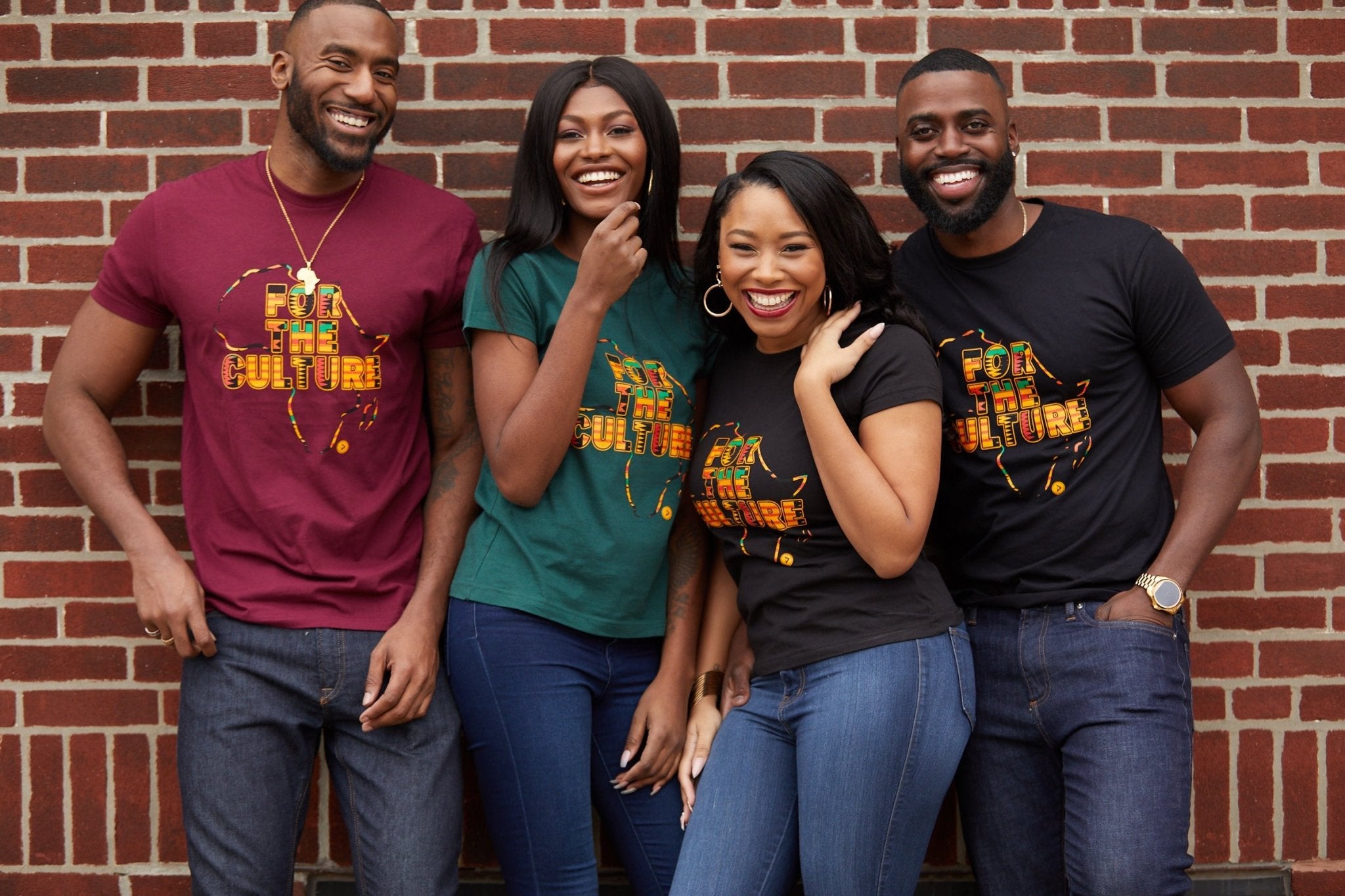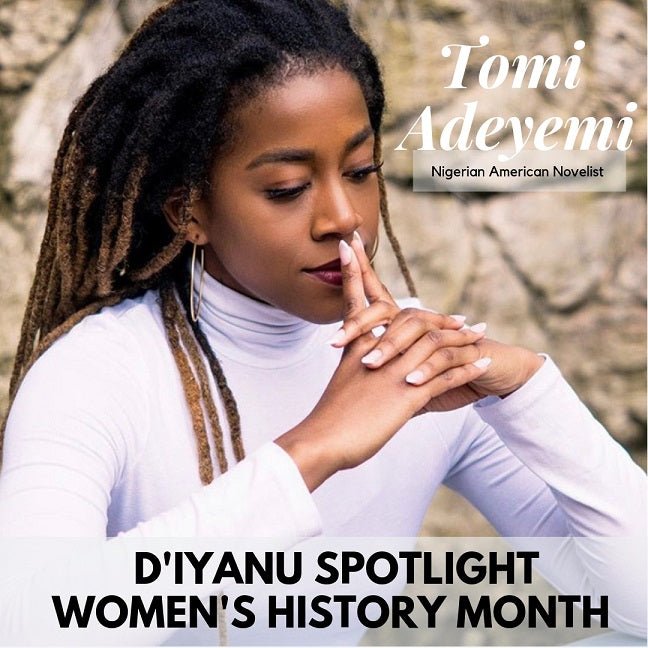Rep Your Roots This Black History Month
When a University of Chicago PhD candidate realized that the history he was being taught didn't reflect the history he knew, he set out to do something about it. What started in 1915 as a Black student organization with the purpose of studying African American history and accomplishment as a discipline, branched off to the creation of Black history week in 1926 (taking place in February in honor of the birthdays of Frederick Douglass and Abraham Lincoln), and eventually Black History Month; nationally observed since 1976.
Representation in the history books is still less than perfect. In Texas, slavery as the central factor to the Civil War is just now being taught to public school students.
What do you do about a lack of representation? REPRESENT. Be there, be you; a representative of a diverse and varied diaspora of people, this month and every month!
 Photo Credit: Julian Howard
Photo Credit: Julian Howard
Style
The high fashion looks sported by classics like Naomi and Tyra down to today's girls like Jourdan Dunn and Adwoa Aboah, and of course the range of African inspired pieces available from D’IYANU are all examples of the heavy influence on fashion and style either birthed and incubated or made major by the culture.
Style allows us to say so much without speaking a word, and from the hoop earrings and red lipstick Afro-Latina Congresswoman Andrea Ocasio wore to be sworn in, to the renaissance of natural hair and hairstyles that has been sweeping the globe over the past three years or so, we’re understanding this power more than ever.

Maybe cornrows are a radical act in the spaces you occupy. Maybe walking into your ballroom function, a dream of regality in our Cyrah African Print Maxi, will spark something inside of you while sparking conversation around the room. Whatever the case, don't fade into the background this month, style has always been a mode of expression and in some cases, resistance (read about the Tignon law if you don't know what it is).
Continue the tradition this Black History Month.
Education
This month, put writers like the Ta Nehisi Coates on your reading list. We recommend starting with Between the World and Me, where the correspondent, educator writer etc., let’s us in on the conversations he’d like to have with his child, framed by his (Coates’) childhood as Black boy in DC, and eventually a Black man at Howard University; learning and critiquing, and seeking to change, through discourse, this country of ours.
 Photo Credit: Thought Catalogue
Photo Credit: Thought Catalogue
When you think about the African American literary canon (if you think of it at all, and it’s time to start if you haven’t) writers like Toni Morrison and Zora Neale Hurston, Baldwin or even Hansberry, may come to mind first. There are all sorts of merits to reading those, but our contemporary voices pull from the lessons of history to frame the now in a way that those from the past cannot. Authors like Coates, and literary ventures from figures like Michelle Obama, should be a part of the educational content we’re intentionally taking in and seeing ourselves and worlds through.
Travel
Alone or with a group like Travel Noire, a publishing space that offers resources like group trips to the “unconventional” traveller, making your world a little bigger this month is an amazing way to represent.
No matter where you go, it’s the getting there that matters. Whether you’re heading to Miami, Mexico, or Morocco, soak it in. Eat the food, dance to the music, shop with the locals, and share a little bit of who you are whenever you get the chance.

Entertainment
Movies like Beale Street, the film version of the James Baldwin book that’s getting major buzz, are continuing to prove the relevance and necessity of entertainment and art that comes from black creators, centers black artists, and considers black audiences. See something from a black filmmaker this month. Be a black filmmaker (or song writer, or illustrator, or designer) this month. Leave a mark.
 Photo Credit: Action Vance
Photo Credit: Action Vance
Art
Spaces like Chicago’s Stony Island Arts Bank, which does the job of creating intentional place around an abandoned space in one of the more disenfranchised and majority Black areas of the city by bringing a constantly rotating art gallery, archived media gallery, library, and community centered programming, is one of many spaces using art as a way to enrich the culture. Seek out places like Stony Island Arts Bank, headed up by Theaster Gates - possibly the most important Black artist today, or the Barnes Foundation, which displays African art like traditional masks from Liberia and Ivory Coast alongside the works of European artists such as Picasso and Modigliani, both influenced by what Founder, Dr. Albert Barnes called “the purest expression of three-dimensional form” in the 1920s.



















Leave a comment
This site is protected by hCaptcha and the hCaptcha Privacy Policy and Terms of Service apply.